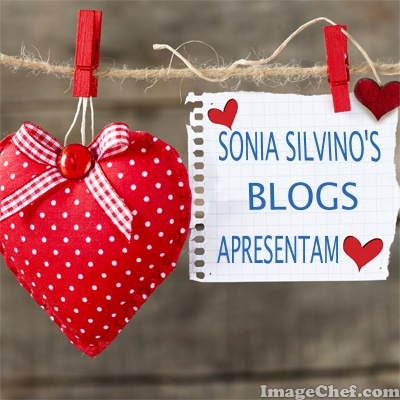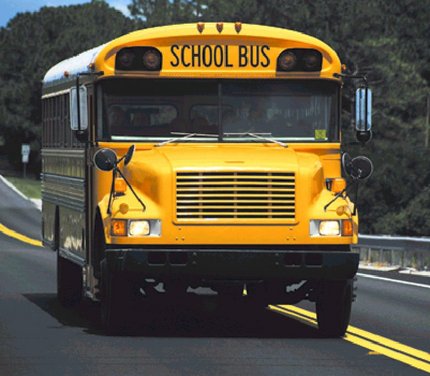Love Me Do
The Beatles
Composição : John Lennon / Paul McCartney
Love, love me do
You know I love you
I´ll always be true
So please, love me do
Oh, love me do
Love, love me do
You know I love you
I´ll always be true
So please, love me do
Oh, love me do
Someone to love
Somebody new
Someone to love
Someone like you
Love, love me do
You know I love you
I´ll always be true
So please, love me do
Oh, love me do
Love, love me do
You know I love you
I´ll always be true
So please, love me do
Oh, love me do
Yeah, love me do
Oh, love me do
TRADUÇÃO:
Me Ame
Amor, me ame,
Você sabe que eu te amo.
Eu sempre serei sincero
Então por favor, me ame,
Oh, me ame.
Amor, me ame,
Você sabe que eu te amo.
Eu sempre serei sincero
Então por favor, me ame,
oh, me ame.
Alguém para amar,
alguém novo.
Alguém para amar,
alguém como você.
Amor, me ame,
Você sabe que eu te amo.
Eu sempre serei sincero
Então por favor, me ame,
Oh,me ame.
Amor, me ame,
Você sabe que eu te amo.
Eu sempre serei sincero
Então por favor, me ame,
Oh, me ame.
Sim, me ame
oh, me ame






















